Have you ever found yourself having he argument with someone about which firearm is the one that you really need for self-protection? Maybe you’re a fan of a 911. Or maybe you’re like my step-father who prefers to carry a Judge. Or maybe you believe in having a shotgun in the house for self-protection.
Those can all be great options, but too many people focus on the tools of self-protection and forget that it’s the thinking behind them that makes the difference in whether or not those tools are effectively used.
With that in mind, Sheriff Jim Wilson has some thoughts about what is most important for self-protection. He says that the necessary components in self-protection are not a specific firearm or other weapon, but are awareness, avoidance, and skill development. About awareness, Wilson writes,
Although we are never as aware of our surroundings as we ought to be, it is a goal that we have to continually strive for. By being aware and alert, we can see potential trouble brewing before it ends up in our lap. We are also aware of the closest exits and the closest cover. The more aware we are, the more time we have to make defensive decisions that might help us avoid having to use deadly force to protect ourselves.
Of course, if you are aware of your surroundings, potential threats, and ways to escape the area, you can avoid the conflict which is what you should do.
This importance of this principle cannot be overstated. Standing up to a bully may make you feel good and soothe your ego, but you don’t know when getting into a fist fight is going to end up with someone getting punched, falling over and hitting their head, and then you end up with a manslaughter charge. Avoid the conflict if at all possible.
Wilson’s last point is skill development about which he writes,
I have often told defensive shooters, “Don’t tell me what you carry – show me what you can do with it.” Your ability to draw quickly and to hit accurately and quickly trumps any argument about guns, calibers, and ammo. We develop a high level of skill by getting good training (yes, I know that you’ve been shooting for years – sign up for a good defensive class anyway) and then religiously practicing what we’ve been taught.
There is a lot of great equipment out there that can do the job in being a tool to protect you or your family if you know how to use that equipment. But remember that in a high stress situation such as in the rare instance when you would be justified in using a firearm in self-defense, you will do what you train. Every. Single. Time. So, you need to train with it over and over and over until you can do it in your sleep because that’s what you’ll do if you find yourself in a situation in which you need to pull your weapon.
So, there you have it: the three things that you need for self-protection. Pick the firearm of your choice, and then put these principles to work so that you really can protect your family and yourself.

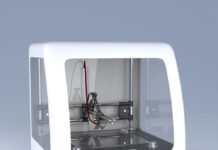
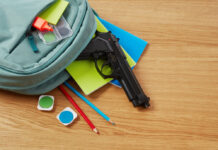
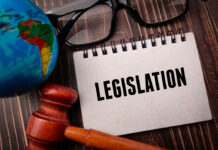
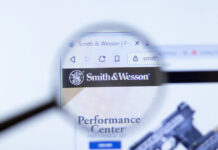
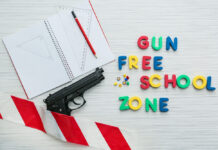

![Are Compensators Worth It? [Video]](https://preparedgunowners.com/wp-content/uploads/2025/07/Depositphotos_815431992_S-218x150.jpg)

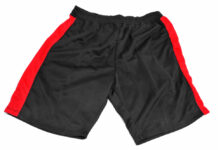
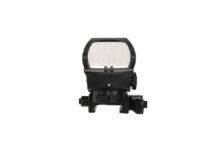
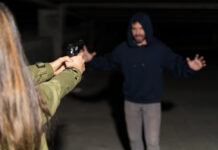
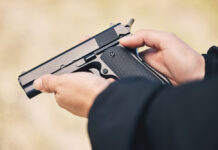

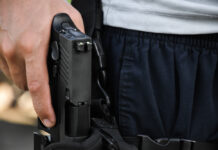
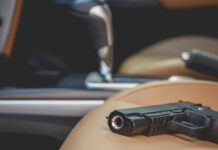
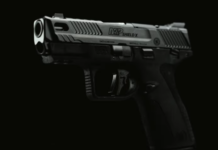
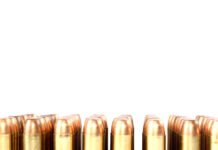
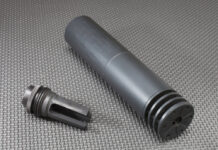
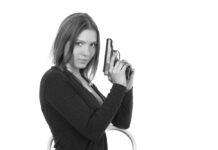
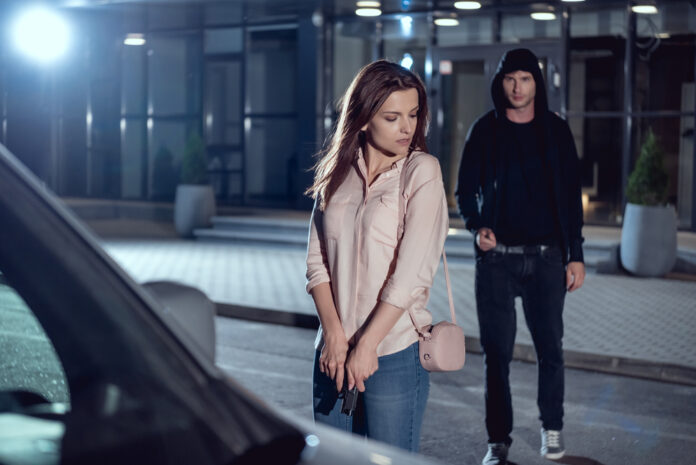









![Optic Ready vs Milled slides? [Video]](https://preparedgunowners.com/wp-content/uploads/2024/02/image-3-100x70.png)
![[Checklist] What Gear You Need To Take Pistol, Rifle & Shotgun Training Courses [Video]](https://preparedgunowners.com/wp-content/uploads/2023/07/Depositphotos_275087632_L-100x70.jpg)
![What is in Carter’s 2023 EDC? [Video]](https://preparedgunowners.com/wp-content/uploads/2023/07/Depositphotos_146856137_L-100x70.jpg)
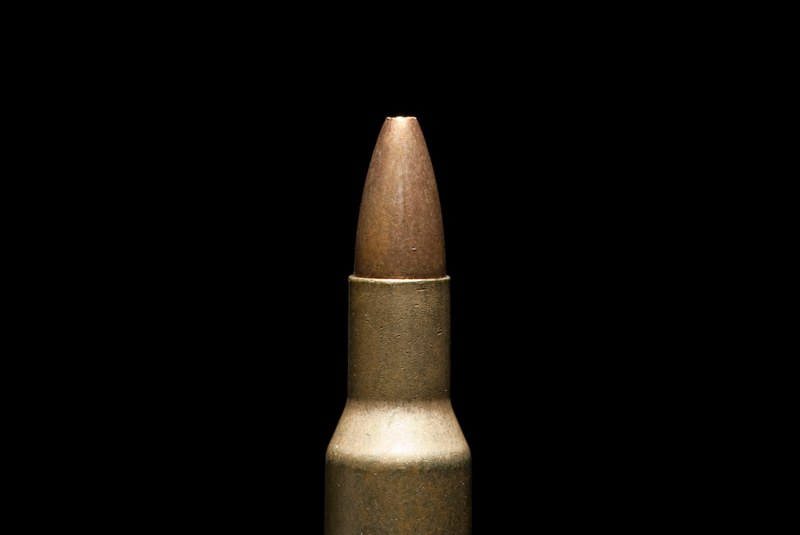
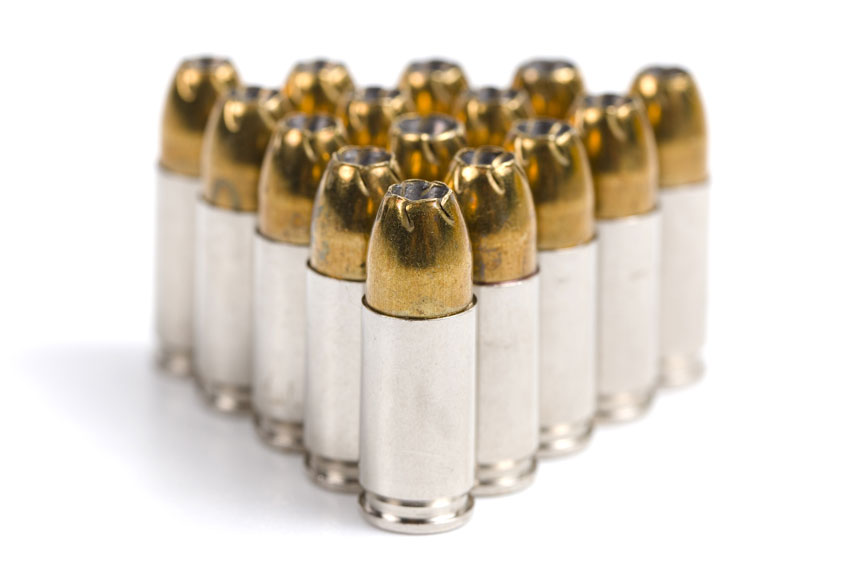
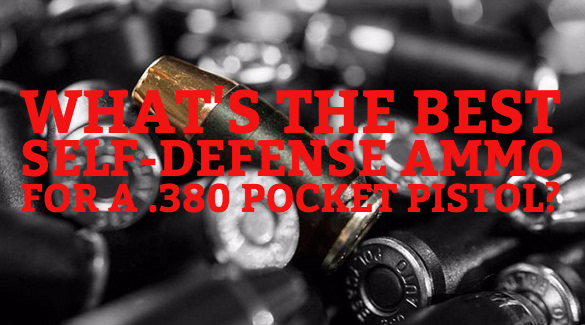
Good point
“Maybe you’re a fan of a 911.”
huh?
Ya’ mean not a fan of calling 911 or not a fan of the 1911 semi-automatic?
hey mr. editor…… are you there? You’re needed sir or madam…………
sheesh
Maybe the tv show 911
Good thoughts about survival and awareness of at all times, so many people just don’t get it. Nice presentation.
Enjoyed your presentation. Has a retired police officer I completely agree.
Sometimes firearms people cannot be devoided. They have the advantage of surprise. We do what we can as often as we can.
Comments are closed.